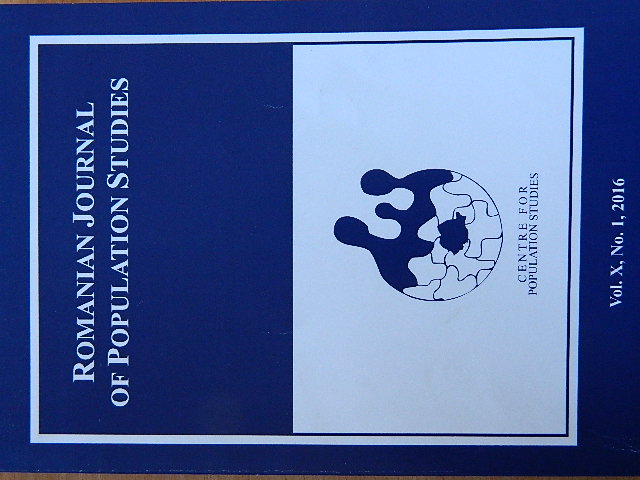The Seasonality of Mortality in Three Transylvanian Settlements in the Second Half of the 19th Century
The Seasonality of Mortality in Three Transylvanian Settlements in the Second Half of the 19th Century
Author(s): Izabela Georgiana CoroianSubject(s): History
Published by: Centrul de Studiere a Populaţiei
Keywords: easonality of mortality; Transylvania; nineteenth century; population studies; historical demography; HPDT
Summary/Abstract: Demographic studies focused on various localities in late 19th century Transylvania have revealed a high death rate during certain seasons (in the wintertime and the beginning of spring) or even during certain months (June and July). The change in these rates has been attributed to the influence of various epidemiological factors, such as bronchopulmonary diseases fostered by cold environments. This paper will contribute to the study of the seasonality of human mortality in Transylvania during the second half of the 19th century by focusing on three settlements with varied geographic, anthropological and social characteristics. The analysis will be based on parish records that have been included in the “Historical Population Database of Transylvania”, the only database of its kind in the region, and on late 19th century censuses. The paper will trace the influence of factors such as geographic location, occupation, gender, ethnicity and confession on the seasonality of mortality. Moreover, the analysis will include a discussion of the causes of death (epidemiological factors), correlated with the age-group distribution of mortality.
Journal: Romanian Journal of Population Studies
- Issue Year: 10/2016
- Issue No: 1
- Page Range: 19-35
- Page Count: 17
- Language: English
- Content File-PDF

